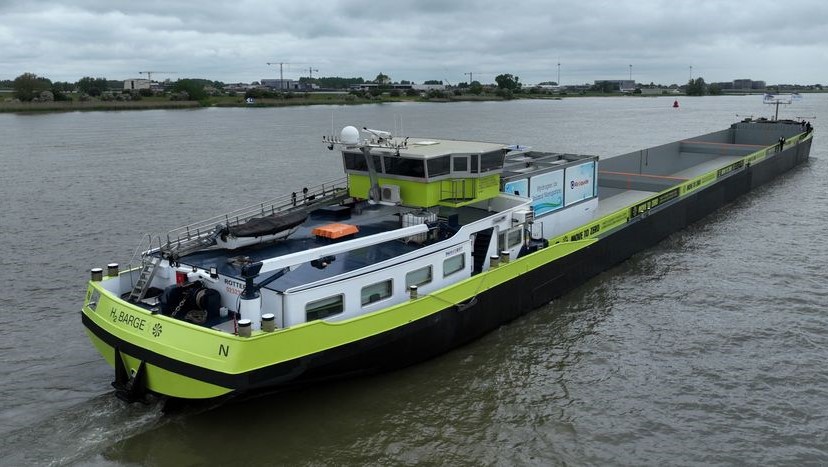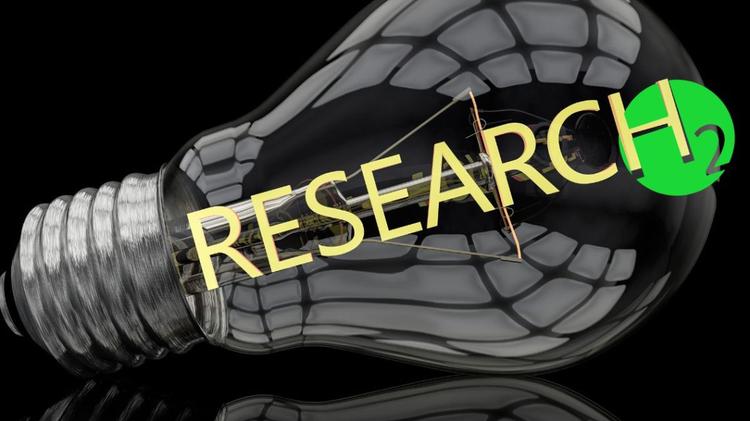
Oil rigs at Cromarty Firth in Invergordon, UK James Jones Jr/Shutterstock
Ending new UK oil and gas production is credible and would send a clear signal to the world that the country is serious about meeting global temperature goals, according to the UK government’s climate advisers.
But the Climate Change Committee (CCC) stopped short of urging an end to issuing new oil and gas exploration licences, calling instead for a tightening of proposed government tests to decide whether new projects are compatible with climate targets.
The independent group also said it wanted to “bust the myth” that drilling for more oil and gas was the answer to the current shock of high energy prices, as some have suggested. Chris Stark, the chief executive of the CCC, said those advocating ramping up UK production are “naive” because it will take too long and won’t change what consumers pay because prices are set internationally.
Join us for a mind-blowing festival of ideas and experiences. New Scientist Live is going hybrid, with a live in-person event in Manchester, UK, that you can also enjoy from the comfort of your own home, from 12 to 14 March 2022. Find out more.
“The very best way to shelter ourselves from the kind of price volatility we are seeing is to pursue net zero,” says Stark. “It’s a winning strategy for the climate; it’s also a very good strategy for energy security.”
In a letter to the UK business secretary Kwasi Kwarteng today, the CCC said there should be a “presumption against exploration” and that ending new exploration would send a “clear signal” the UK is committed to the goal of keeping the world’s temperature below 1.5°C above pre-industrial levels. “We think an end to UK production is credible,” says Stark.
However, the advisers said they couldn’t tell the government to stop approving new fields because the impact of such a move on global oil and gas production was too unclear and there are energy security and job issues that are beyond the CCC’s remit and are for politicians to consider.
The Department for Business, Energy and Industrial Strategy has proposed a series of tests for future oil and gas licensing, called the climate compatibility checkpoint, for which a government consultation ends on Monday. These tests are welcome but need to be stronger, the letter said.
One improvement, it said, would be to make approval conditional on projects cutting their operational carbon emissions by 66 per cent on 2018 levels by 2030, a deeper cut than the 50 per cent proposed by industry and a regulator, the Oil and Gas Authority. The committee also suggests extending the tests to cover projects that have already been licensed but haven’t yet been consented, a later development stage that allows rigs to be built.
The question of whether the UK should block future oil and gas projects came under scrutiny at the COP26 climate summit in Glasgow last November, when countries including France and Ireland formed an alliance pledging a ban on production. Scotland’s first minister, Nicola Sturgeon, said she was considering joining the coalition, although oil and gas licensing powers aren’t devolved to Scotland.
The UK government was contacted for comment about the CCC letter.







